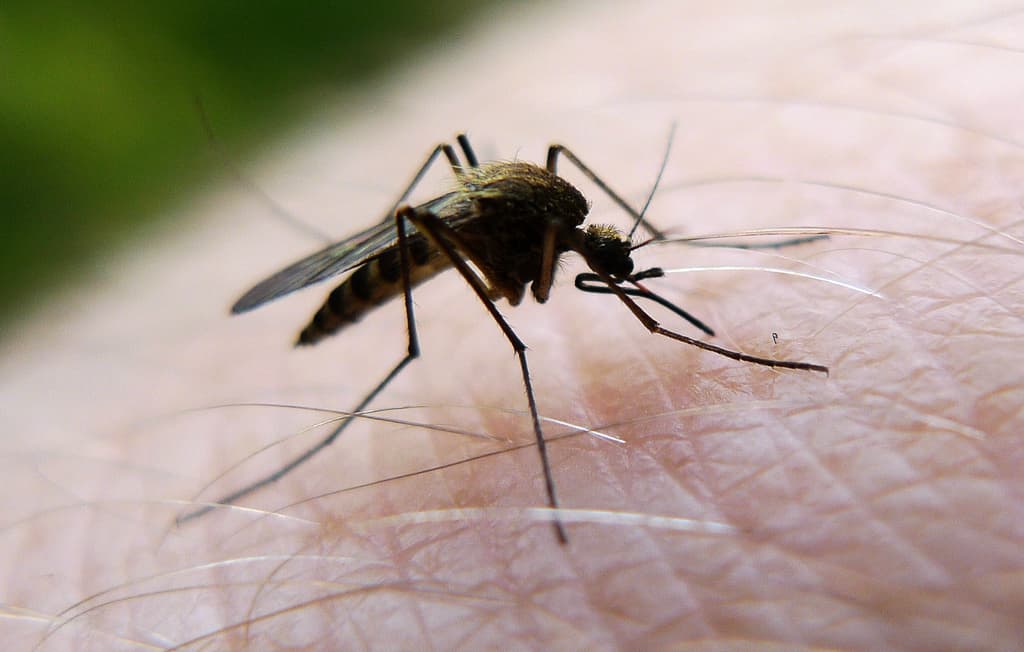Millions of mosquitoes are bred in laboratories where male pupae are sorted out and sterilized. The method is not new, but has previously required large manual resources. Now, researchers have developed an automatic "pupa sorter" that makes the work much easier and faster.
A single person can manage several machines at the same time, which can produce up to 16 million sterile male mosquitoes per week, write the Chinese researchers behind the study, published in the scientific journal Science robotics. The researchers found in their experiments that the number of mosquitoes decreased significantly, as the females that mated with the sterilized males did not produce any offspring.
In our mission, we aim to find alternative control methods, so this is clearly interesting, says Martina Schäfer, control leader at the Biological Mosquito Control project.
"Difficult in Sweden"
However, mosquito expert Anders Lindström at the National Veterinary Institute (SVA) is not as convinced about whether the method can be effective in Sweden. At least not when it comes to the flood mosquito, which creates major problems for humans and animals, especially in areas around the Dalälven river.
It cannot be bred in a laboratory and also has a tendency to move on to new areas. So even if it were possible to breed, it would be difficult to know where to release the sterilized male mosquitoes, he says.
It is unclear why the flood mosquito cannot be bred in a laboratory. Some mosquitoes have specific requirements for mating sites, such as wanting to swarm around bushes at dusk, according to Anders Lindström. So far, it has not been possible to create a laboratory environment that makes these mosquitoes feel inclined to mate.
Furthermore, it would require "astronomical amounts" of mosquitoes to achieve results, according to Lindström.
Invasive species
However, the method could be helpful against invasive mosquito species such as the cemetery mosquito and the tiger mosquito, he adds.
The cemetery mosquito, which is found in cemeteries, parks, and residential areas where there are many people, could become a problem in the future. Here, the method might work.
Biological Mosquito Control has long advocated for the use of the method with sterile male mosquitoes, but has so far had difficulty getting attention – and the resources required – from the authorities, according to Martina Schäfer.
In a new study conducted by Chinese researchers, a new machine is presented that can automatically sort mosquito pupae. The device has the capacity to separate millions of male pupae from female pupae per day. This could increase the process many times over compared to today.
The new findings could have implications for the control of zika virus and the severe diseases that mosquitoes carry, such as malaria and yellow fever.
The method with sterilized male mosquitoes works best as a complement to control measures in relatively limited areas, such as in slums in South America.
Sources: Research report "Upscaling the production of sterile male mosquitoes with an automated pupa sex sorter" and others.






